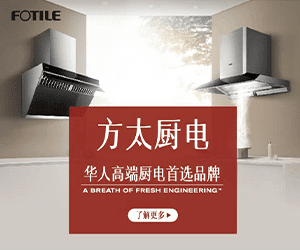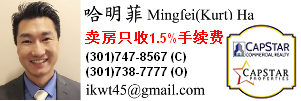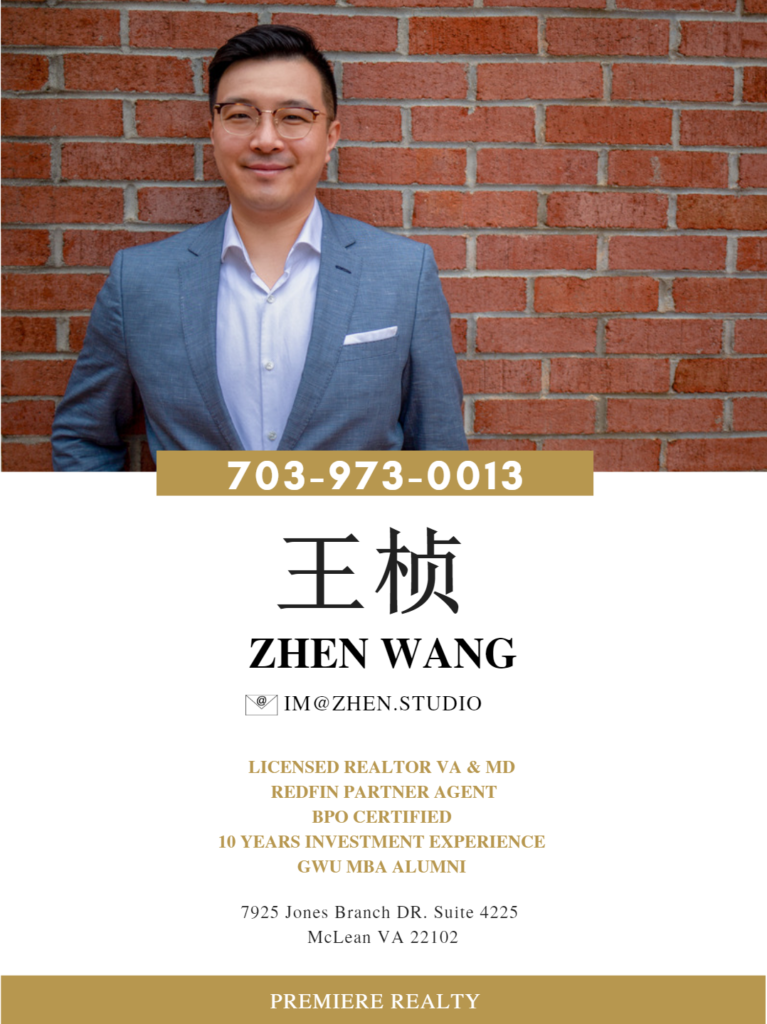一群在美国读博的中国留学生感叹工作难觅
来源:加拿大和美国必读
11/08/2021
前不久英国《卫报》报道了一位英国留学生曾在读博期间穷到只能住帐篷,毕业后也找不到工作的情况。
事实上,在赴美留学的中国博士生中,有这么一群留美博士,他们在学术研究的苦海中挣扎多年,好不容易拿到能让爹妈在亲戚朋友面前吹爆的博士学位,毕业后才发现不仅工作难找,即使好不容易找到最后拿到手的薪水,除了填饱肚子啥都干不了。
搞学术的博士生为啥找工作这么难?好不容易拿到正式职称,为何生活依然拮据?
笔者联系到身边几位面临着这样困境的中国留美博士生,从他们的个人经历中,或许可以找到一些答案。
博士也会穷到只能住帐篷
像许多毕业的博士一样,艾米勒(Aimée Lê)需要一份时薪工作来维持生计。这已经不是她第一次为工作发愁。
艾米勒是一位越南裔美国作家,当她还在伦敦大学皇家霍洛威学院攻读文学专业的博士学位的时候,她曾有过一份在学校做英语讲师的工作,但她的学生从未想过,在给学生上课的那两年里,她一直住在帐篷里。
在读博期间,艾米勒虽然获得了为期三年每年1.6万英镑(约合人民币13.8万元)的奖学金,但作为一名国际学生,她必须每年向大学支付8000英镑(约合人民币6.9万元)的费用,只能靠1.2万英镑(约合人民币10万元)度过一年。
在攻读博士学位的第三年,艾米勒的房租急剧上涨,她意识到自己无法负担住房开销,也无法靠研究和教学收入支付所有费用。于是,艾米勒决定在户外居住。
她对《卫报》记者回忆道:“冬天露营真的很冷。我住的是一个小型的单人帐篷,有几天,我一觉醒来,发现帐篷被雪包围。当我不用写博士论文或做其他工作时,我在学习如何劈柴或生火。”
毕业后,艾米勒本以为自己可以凭借着高学历找到一份好工作。但她却依旧要兼职辅导中小学学生,并在植物园工作以维持生计。后来她在埃克塞特大学获得了两年的固定期限合同,但现在合同到期了,没有固定的薪水,她只能和父母住在一起,并且又要重新开始找工作。
艾米勒的列子并不罕见,根据英国大学学院工会(University and College Union)本月公布的研究发现,在剑桥大学著名的本科生辅导课程中,有近一半是由没有正式合同的、就业不稳定的留校博士担任的(注:在英国和美国教职人员通常需要获得博士学位才能在四年制大学任教)。剑桥大学说,这种现象在英国普遍存在。
事实上不只在英国,在美国有许多从事学术研究的博士生也普遍存在找工作难,收入低的问题。
今年10月份,美国国家科学与工程统计中心(NCSES)公布了一份数据,展现了2020届美国博士毕业生们的各项情况,其中也包括了中国留学生在内的海外留学生。
统计显示,2020年在美国成功获得博士学位的学生共有55283人,其中有18482名博士为海外留学生(包括国籍不明的学生),他们中有一半的人会选择留在美国。同时,留美发展的博士生中又有超过一半的人选择留校继续深造或者在校就职,这类学生也就是前面提到的类似于艾米勒这样的留校博士。


值得一提的是,统计显示,2020年在美国获得博士学位的18482名海外留学生中,中国学生人数是最多的,他们中有80.1%的人选择留在美国。


据笔者了解,这些选择留在美国学校任教或继续从事学术研究的不少中国留学生,也都面临着和艾米勒类似的求职困境。
找一份称心的工作越来越难
在美国从事学术研究的中国博士生毕业后,绝大多数会因为研究需要而选择留校任职。
今年29岁的湖南妹子筱雨,是美国某大学经济系毕业的博士生。她说,“每年就业市场都会有些波动,但大体上留校的难度越来越高。”
以她角度来看,博士生研究的领域很窄,如果博士毕业的留学生想要留美工作的话,直接进入学校系统工作有一定难度。因为许多美国大学的教授职位都是终身教职制(Tenure track),除非美国开办更多大学,否则博士们毕业后正好遇上职位空缺的可能性不高。
筱雨说:“这就像一个萝卜一个坑。”而且最终能否被录用,还得看个人和学校职位需求的匹配度。相比于国内大学对顶级期刊发表的要求,美国大学更看重博士毕业生的研究方向是否能满足学校的学科建设。
筱雨解释道,“在博士阶段内学习的过程,其实已经指明了你未来会走的路。大部分博士生毕业前后所从事的工作差不多,你需要做出一些科研成果才能毕业,而日后也是继续为相同的课题尽心尽力。”
但选择回国工作就会好找很多了。
筱雨告诉笔者:“在博士生中,具有事业心的、水平顶尖、或水平较平的博士生会回国,水平中上程度会选择留在美国工作的人较多。但不同的专业面临的情况不一样,工科的工作大多还是很好找,更能实现留美的目标。”
在美国,不仅像筱雨这样的应届毕业生要为找工作发愁,26岁的江苏姑娘米娅虽然还没有毕业,但她依然要像大部分在校博士生一样,需要找一份给本科生上课的工作来积累经验的同时赚取生活费
米娅出生在一个学术之家,她一直十分热爱自己所学的专业,也经常和朋友分享她的学习感悟,她的愿望是可以在研究机构当一个“专家”。可她说,亚洲史相关项目的工作,因疫情等相关因素的影响,岗位数量大大降低。
米娅经常调侃:“人文艺术专业里都是我的难兄难弟。”
米娅表示,她知道的学习社会学、政治学、经济学的学生在毕业后,或许还有几十上百的职位可投简历一试,但她在这个秋天只看到了9个可以留校的教职职位。在米娅和筱雨认识的人里,学习历史、教育等专业的博士生都回到了国内。
米娅对此有些愤概:“我就没见过‘几十’个工作可投这种情况。”
找到工作也难以养家糊口
对于大部分来自海外并打算长远留在美国的留校博士来说,找工作还不是最难的。如果决定留在美国并且有了自己的家庭,即使拥有一份心仪的工作,工资低到难以养活一家人才是最大的问题。
根据NCES统计,2020年找到工作的博士毕业生的基本年薪中位数是8.5万美元(约合人民币537188元),留校博士的年薪中位数是6.555万美元(约合人民币41.92万元)。2020年,美国家庭收入中位数约为6.752万美元(约合人民币43.18万元)。
在美国生活了6年的土耳其籍网友VolSapiens在社交论坛Reddit上吐槽了他的遭遇。VolSapiens是一名生物医学科学家,目前正在哈佛攻读自己的第二个博士后。他已经组建了自己的家庭,也在学术上有一定追求。
VolSapiens介绍说他来哈佛只是为了加入一个很好的神经科学项目,他相信这会让自己更有竞争力,但现在他和他的妻子都为住房、医疗保险和孩子教育开销而感到头疼。
据笔者了解,在像纽约这样的大城市,一家四口的年花费约4.854万美元(约合人民币31.04万元),其中不含房租。在生活成本越来越高的情况下,留校博士们必须要维持稳定的任职状态,才够养得起自己的家人。
而在美国,博士后的薪水是由美国国立卫生研究院(National Institutes of Health,NIH)决定的,美国几乎所有机构都遵循NIH的基本标准,第一年的薪水是52704美元(约合人民币337263元)。而近两年因为新冠疫情,不少高等教育机构财政上吃紧,不得不通过调薪或裁员的方式来应对财务危机。
今年3月,总部位于华盛顿的美国大学教授协会(AAUP)对全美的教育机构进行了调查,结果显示2020至21学年美国大学有近60%的机构在去年冻结或削减了工资,约30%的机构减少或取消了退休储蓄账户的缴费等福利。此外,全职教师的实际工资剔除通胀因素后下降了近0.4%,这是近十年来教师的实际工资首次下降,博士研究机构的工资则下降了0.8%。
调查还显示,2020至21学年美国全职教师的职位数量减少了0.3%。在所有机构中,超过20%的机构终止或不续签非终身教职制的合同。
基于这样的就业环境,VolSapiens正在考虑是否可以定居在一个更安全、更便宜、经济压力更小的的国家,他计划最迟在明年初申请美国以外的神经生物学领域的助理教授职位。
无论离开还是留下,不要让高学历困住了你
VolSapiens之所以想去其它国家工作,还有一个重要原因是,去年他向美国公民及移民服务局(USCIS)提交的国家利益豁免移民第二类优先(EB-2/NIW)的绿卡申请至今还没有通过。由于美国签证限制,导致他在申请新工作甚至外出旅行时经常会遇到困难。
对于留美的中国博士生来说,绿卡同样也是他们找工作路上的障碍之一。
在美国已经博士毕业的中国留学生罗昊对外国身份难找工作这件事同样有体会。
他说:“各大厂家招中国人的可能性比较少,他们普遍希望你有绿卡。而且这些厂家研究开放的项目可能比较机密,不会让外国人随便参与。除非是某个公司正好想拓展在华业务,但这种机会显然可遇不可求。”
罗昊所学的是化学专业,虽然化工和材料这样化学周边学科比较好找工作,因为和工业比较对口,可以去的公司比较多,但纯化学专业可选择的路没有那么多。
他抱怨说,“在我的专业里,对绿卡的要求卡得太死了。很多厂家一看到你是外国人,就会拒绝你,我投的很多简历都杳无音讯。”
身边的人也建议过他继续留校做研究。但罗昊无奈地摇摇头表示,对他来说留校是另一种意义上的“困难”。他现在已经失去了刚入学的激情澎湃,剩下的只有自我怀疑。
他说,实验过程中,或许有时能够从中获得满足感,觉得自己的工作对于科研领域是有积极作用的。不过科研意味着不断试错,消耗了人力物力却无法达到最好的效果,这一事实往往会让人消沉。
Jan 8, 2021
当罗昊还在为工作奔波苦恼时,筱雨已经为自己找到了出路。
筱雨告诉笔者,她其实很早就已经想清楚了:“如果留在美国学校工作压力太大,不妨回国来,进入国内的高校研究。如果过了一段时间你依旧感觉这里不适合你,你还可以去别的地方。世界如此宽阔,你永远都有别的机会。人生有很多成就自己的方式,不要让高学历困住了你。”
北美 Faculty 申请小结
By Yutuo
02/26/2021
1. 实力永远是第一位的。需要有top的publication,但是实力未必体现在top journal/conference的数量上 — 0和1的差距往往要比1和10的差距大。越是top的学校,往往并不单纯的去看数量,而更看重工作本身的impact。一篇有1000个citation的工作可能比10篇100个citation的工作更有意义。如果用谈恋爱相亲做类比的话,这部分就相当于颜值,学历,财富等硬通货,但是具体怎么衡量综合实力,每个人的标准会略有差异,但总体上有一点,那就是只少得有一处吸引人的地方。
2. 运气也是非常重要的。你的方向是不是他们最需要的最感兴趣的,你和committee是不是投缘。这一点有点玄幻,就好像两个人的结合,虽然大体上讲究个门当户对,但是也绝非按照硬实力配对。这里需要讲的一个trick就是,如果research没有办法做的非常深入的话,那么也可以往广度发展,做交叉学科,这样做的好处至少有3个:
1) job talk的时候故事非常好讲,motivation会非常strong;
2) 由于是交叉方向,往往committee的人很难有人对你的领域完全理解,这也就为你创造了很多迂回空间,也不容易被人一眼看穿 — 增加一些神秘感是很有帮助的,尤其是在自己的硬实力并非无懈
可击的时候;
3) 投简历的时候选择面更宽,不一定限制在本专业。以我知道的CS PhD为例:最终去的department包括:Information Technology/System/Management/Engineering, Industry Engineering Electrical Engineering, Psychology/Neuroscience, Neural/Biomedical Engineering, Medicine, Radiology等等。其中不乏100+学校的PhD找到了top20的教职的例子。但如果找CS的faculty position,以目前人才的饱和程度看,则难如登天。
3. Interview。实力是短时间内无法改变的,运气是不可控的,interview就显得尤为重要,或者说,是最重要的一环。interview的准备工作网上都有很多完备的介绍,就不展开说明了。但是需要强调的一点,就是job talk时讲故事的能力。这里的重点,绝对不是为了表现你的工作以及你本人如何如何牛X,而是你的工作如何如何重要。如果他们觉得你不牛X,就不会邀请你做on campus的interview,所以这一点是无需证明的。同理,你也不需要秀你的专业技术 — 那些专业方面的奇技淫巧,不懂你研究的人是很难通过一个talk就get到的。而懂你研究的人并不是你的争取对象 — 他们是已经站在你这一边的人。你的重点是要争取那些不是很了解你工作的人,让他们get到的研究的重要性,以及让他们觉得未来他们可以跟你存在潜在的collaboration,你的到来会是对这个department很好的补充。绝大多数情况下,faculty search committee里面的人只有1-2个真正懂你的research,但是最终大家投票的时候是每人一票的。
具体到job talk,就是要尽量的简单易懂,最开始的几页slides要从一些人们日常有直观感受的内容(也就是大家都知道的事情)说起,例如可以搜一些新闻的headline来凸显这个问题的对于普罗大众的impact,然后再切入到自己的research topic中。当年做postdoc的时候,听过系里面的job talk,其中两个让我印象最为深刻,都是做optimization的,最让人印象深刻的是,一个如此mathematical的topic,两位candidates却极少用数学公式及证明,而是用了大量的图片和动画演示让听众理解其工
作的原理(现在此二人分别是Princeton和MIT的AP)。
另外一个问题就是,如果自己有多个工作,那么在job talk的时候,就要有主次。个人感觉,详细介绍的最好不要超过三个,而这三个工作虽然看似独立,但最好有一个主线串起来(类似于漫威系列的电影),而剩下的工作,则可以在talk最后简要介绍一下即可。
4. 申请文书 & Connection。前者网上有很多的sample,就不赘述了。而后者包含两部分:一部分是你老板的connection。在北美,相对于学校的reputation,大家更看重老板的名气(当然,前提是老板有名气)。记得当年系里面candidate过来面试的时候,教授们从来不是说,这个人是XX学校来的,而是说这个人是XX的学生。当然,老板的connection也是我们没有办法控制的。而自身connection,个人觉得,主要的渠道就是开会时的social,当然,也包括平时在自己系里面的social,尤其是低年级的时候,多跟高年级的师兄和postdoc聊聊,因为这些人说不定哪天就去其他学校当AP去了。另外一个渠道就是通过网络主动跟别人建立学术联系/合作,这种情况往往是起源于你对于对方工作的充分了解,当然这种需要自身有比较强的硬实力。这里想说的一点是,由于民族性格和语言壁垒的问题,大多数中国人并不擅长跟老外在公众场合打交道,尤其是在自己没有特别出色的工作发表的时候,往往羞于跟同行交流,生怕露怯。本人这一点其实也并不擅长,所以没有什么经验可谈。但想说的一点是,自己research的水平并不是关键,关键是有自信。我曾经不止一次见过组里的老外,把自己做的非常 incremental 的工作用非常骄傲的语气给别人present,明明仅仅是一个水会的poster,但是滔滔不绝的样子仿佛是CNS级别的工作。这一点,是十分值得学习的。
暂时就想到这么多,后续有其他idea的话再补充。
CAREER ADVICE
An Overview of the Faculty Job Application Process
By Academic Positions
02/26/2021
Applying for a faculty position at a North American university is a long process that requires several specialized documents and a lengthy interview process. Here’s an overview of the application process.
Timing
Academic jobs can be posted at any time, but many American and Canadian tenure-track jobs are posted in the late summer or early fall. Applications are then generally due in November and December. Shorter, fixed-contract positions like visiting assistant professorships or lecturerships are often posted in the spring.
Key Application Materials
For most faculty positions the following application materials are required:
- A cover letter– the cover letter presents overview of the applicant and shows why they are the right person for this position. An academic cover letter will cover the candidate’s research and contributions to the field as well as publishing plans, future projects, teaching experience, and specific interest in the department.
- A CV– A curriculum vitae lists the applicant’s academic qualifications, employment history, plublications, awards, grants, conference presentations, teaching experience, and service activities. Learn more about how to write an academic CV here.
- Recommendation letters– Most positions require three to five letters of recommendation from senior faculty who can comment thoughtfully on the applicant and their work.
In addition to a cover letter, CV, and recommendation letters there are several other documents that might be required as part of the application. These could include:
- a teaching portfolio,
- sample syllabi,
- a writing sample,
- a research statement
- a statement of teaching philosophy
First-Round Interviews
There will be several rounds of interviews for faculty positions. After reviewing all the applications, the search committee will create a shortlist of 15 to 25 candidates. In many fields, the first-round of interviews take place at the discipline’s national association’s annual meeting. Candidates might be asked to provide secondary material before the interview such as a writing sample. Conference interviews usually last 20-30 minutes and will take place in a hotel room, suite, or cubicle in the conference centre. If the field doesn’t conduct conference interviews, first-round interviews will be done over Skype. Regardless of the format, the candidate will be asked about things like their dissertation, publications, plans for future projects, teaching, and course development. After these interviews are complete, the search committee will narrow down the shortlist. The remaining candidates are then ranked by the entire department and the top three are flown out for individual on-campus interviews.
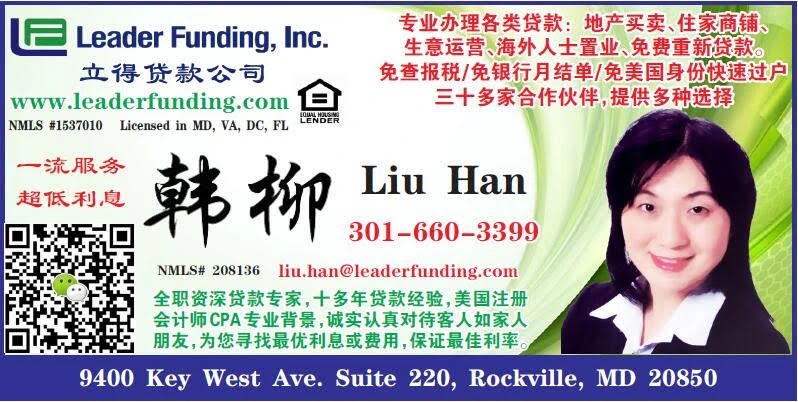
The Campus Interview
Each of the top three applicants will be invited to spend a day on two on campus. During this time, they will have several one on one meetings/interviews with the search committee, departmental faculty, the department head, and even the dean. Each candidate will give a “job talk” lecture on their research to the faculty, graduate students, and sometimes undergrads in the department. The job talk is followed by a Q&A and often a reception. Many campus interviews will also include a teaching demonstration, where the candidate will prepare a sample lesson for undergraduate students. During the visit, the candidate will get a tour of campus and also eat meals with members of the faculty and search committee.
Making an Offer
After the campus interviews are complete, the department will make its final decision. Once they get permission from the administration to make the offer, the chair will contact the successful applicant and offer them the position. The candidate will then receive the full offer letter and contract and the time frame to accept. If the candidate turns down the offer, the department may make an offer to their second choice candidate or there may be a failed search.
If the candidate accepts the offer, the chair of the search committee will contact the other finalists and let them know that the position has been filled.
Source: https://academicpositions.com/career-advice/an-overview-of-the-faculty-job-application-process
CAREER NEWS
Fifteen to one: how many applications it can take to land a single academic job offer
Survey finds that standard metrics of success can’t completely explain why some candidates get offers and others don’t.
02/26/2021

It takes at least 15 job applications to land a single offer, finds a survey of 317 early-career researchers who applied for faculty positions in a range of nations1. The results have shed light on a hiring process that is often opaque, frustrating and hard to predict. Contrary to common belief, the authors found that a publication in a high-profile journal isn’t an absolute prerequisite for a successful application.
The survey was conducted by members of the Future PI Slack community, a postdoctoral support group. They collected responses from researchers who had applied for faculty positions between May 2018 and May 2019. Respondents hailed from 13 countries, although 72% were from the United States; 85% were in the life sciences. Overall, 58% received job offers, significantly above the average from other studies, suggesting that successful applicants were especially willing to take the survey. Only 26% had an authorship credit in Cell, Nature or Science.
The survey tracked conventional metrics of success such as fellowships, citations and publications, and found that these measures were only modestly effective at predicting which applicants would get job offers. The authors tried to construct a flow chart to predict the applicants’ fate, but it was less than 60% accurate.
More is more
One clear lesson was that jobseekers shouldn’t skimp on applications. Those who submitted more than 15 applications landed substantially more on-site interviews than those who didn’t. They also received more job offers, but the correlation wasn’t so strong, suggesting that the shotgun approach to applications can go only so far. Jobseekers do better when they send applications that are precisely tailored to the position sought, says survey co-author Chris Smith, manager of the postdoc programs at North Carolina State University in Raleigh.

Tel: 551-580-4856 | Email: F.WINNIE.S@GMAIL.COM
北美法律公益讲座安排
时间:周二到周五 晚间
5:30-7:00(西部)
8:30-9:30(东部)
重播:第二天
上午9:00(西部时间)
中午12:00(东部时间)
周二: 遗嘱和授权书(Lisa讲)
周三: 数据泄露和个人身份保护&事业机会说明会
周四:北美常见法律问题(讲员Irene )
周五:小企业法律和员工福利(晶旌)
Zoom 6045004698,
密码:请扫码进群
另外:周三6:30(西部时间)美国专场
定期邀请美国律师联合讲座
Zoom 951 9092 9213
密码:请扫码进群
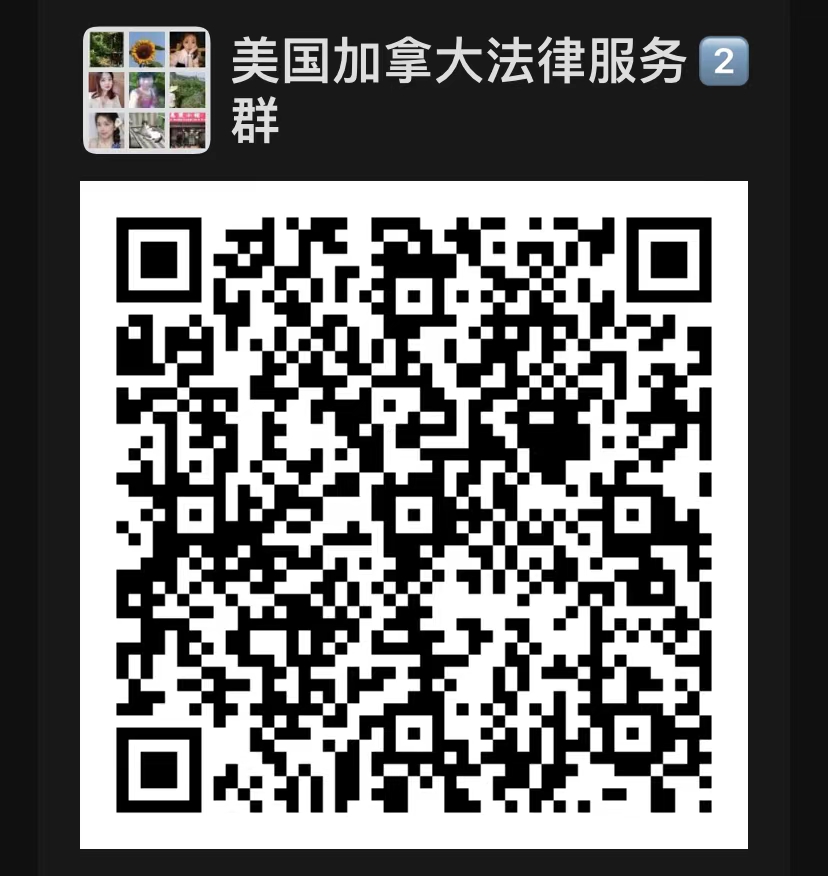
Publication in a high-profile journal helped an applicant’s cause, but it was no guarantee of success, the study found. Jobseekers who were first authors of a paper in Cell, Nature or Science received offers on 11% of their applications. For people who had no papers in those journals, the success rate per application was 2%.
The authors also polled 15 faculty members who had served on hiring committees to find out what makes an application successful. The results suggest that committees seek candidates who will be good colleagues and scientists, says the study’s lead author, Amanda Haage, a biomedical scientist at the University of North Dakota in Grand Forks. The committees looked at affability as well as at track records, she says.
Intangible assets
Recruitment of academics is more holistic than many think, explains Robert Bowles, a careers adviser at the Royal Society of Chemistry in Cambridge, UK. Applicants “tend to forget about the intangibles”, he says. “Publications and grants buy you a ticket into the lottery, but they are not going to win it for you.”
When asked for their general thoughts on the application process, jobseekers had a nearly universal negative outlook. Most were frustrated that they did not receive feedback on their applications.
But faculty members on hiring committees find it impossible to provide detailed feedback on all applications. All 15 surveyed said that they typically receive more than 100 applications per job offer; 10 said they usually get more than 200.
It’s just one more sign of a stark imbalance in academia. Jobseekers outnumber positions, and that disparity is expected to get worse in the wake of the current coronavirus pandemic.
In this environment, postdocs should keep in mind that unsuccessful applications do not mean failure, says biochemist Rosemary Bass, a careers adviser at the University of East Anglia in Norwich, UK. “We see people who think that making five applications and not getting an interview means that they are a reject,” Bass says. “The current situation is bringing home the difficulties of the academic job market to PhD students and postdocs in a way that we as careers advisers have not managed to previously.”
Source: https://www.nature.com/articles/d41586-020-02224-5


